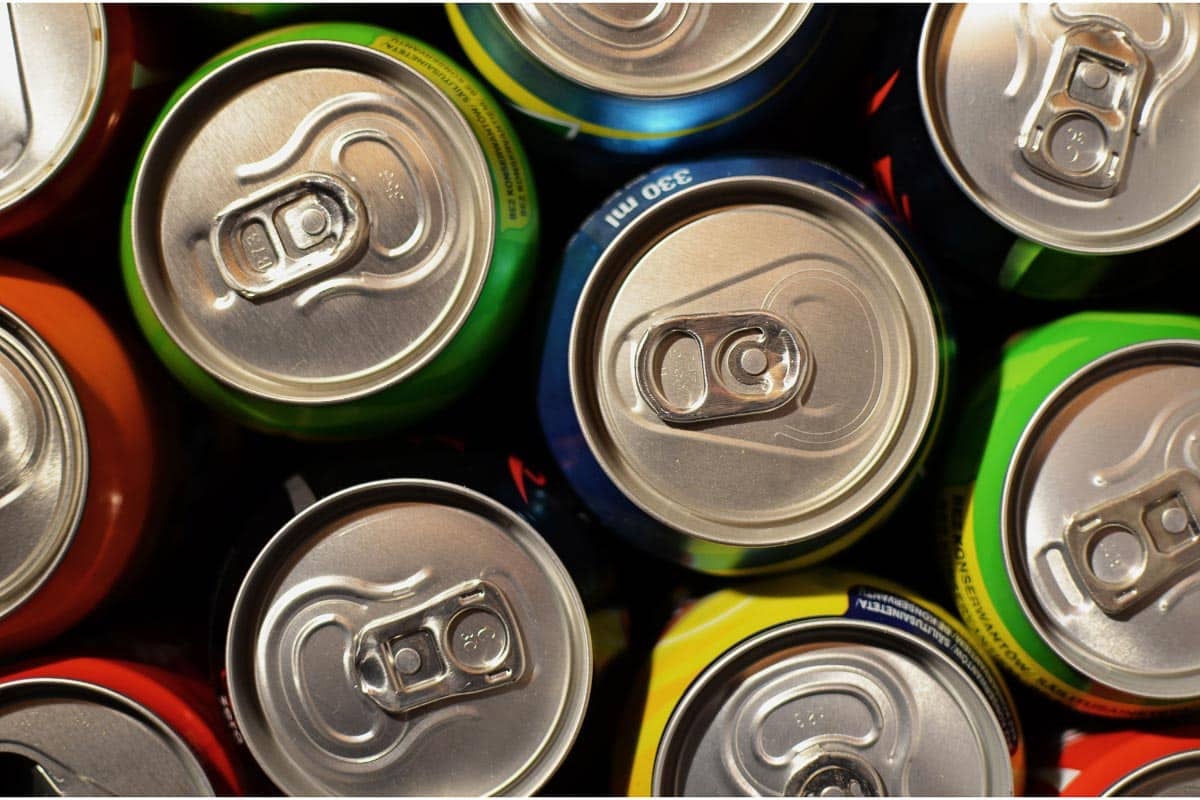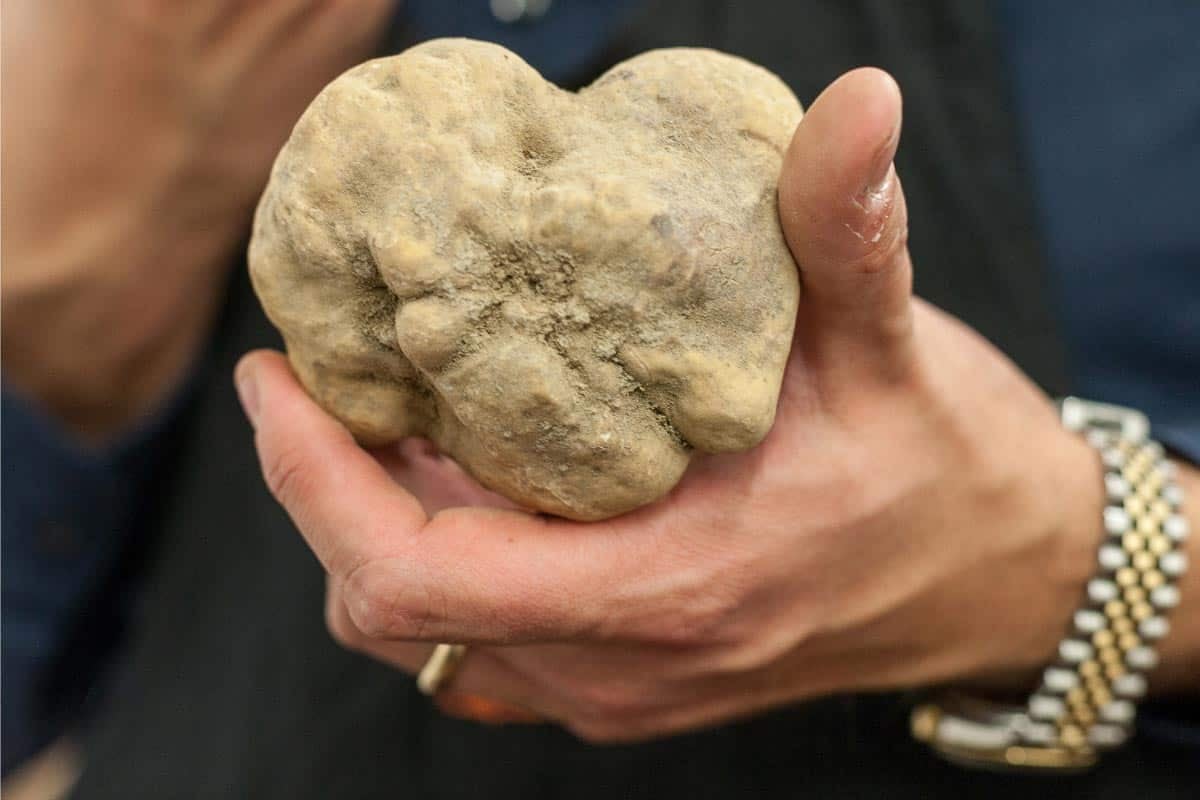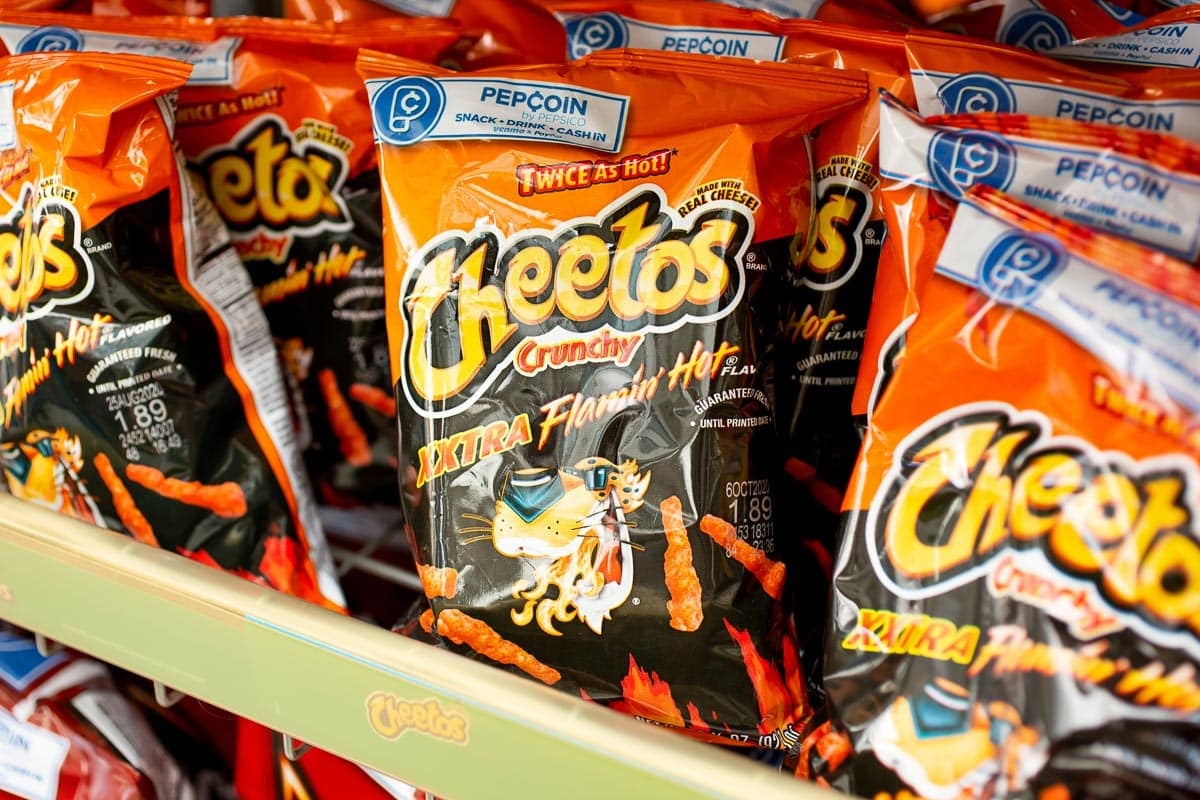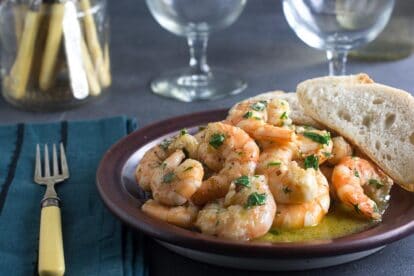We communicate in speech and writing all day, every day, but how well are we communicating? At its very core, if we use words correctly, we have a better shot at getting our point across. But we consistently use the wrong words.
Which of these words are you guilty of mixing up or getting wrong altogether?
Hopefully You’re Using Your Words Correctly

The heading above is the correct usage of “you’re” and “your”. “You’re” is used when you want to say “you are”. It is a contraction of those two words, a shortening, as in, “you’re my new best friend.”
“Your” is possessive, as in, “your willingness to educate yourself to language is a huge turn on.” Or, better yet, “your willingness to bake me chocolate chip cookies is an even bigger turn on.”
We Hope This Article Is Not The Penultimate Experience Of Your Day

We have noticed that people use the word “penultimate” when they think they are saying “ultimate”. The traditional definition of ultimate means “being or happening at the end of a process; final”, as in “their ultimate goal was to bake a huge batch of cookies.”
We found another definition that said, “to describe the most important or powerful thing of a particular kind.” We find that people most often use it this way. It is pretty common to hear someone say something akin to, “these chocolate chip cookies are the ultimate,” meaning they are the best.
“Penultimate” actually means second to last, however, it is often used to designate just below “ultimate”, and isn’t that second to first? No wonder the English language is considered hard to learn.
It would be appropriate to say, “these cookies are the penultimate version of chocolate chip that I have ever tasted,” if you are trying to say that they are the second best.
And by the way, there is a such a word as antepenultimate. We have never heard this in conversation. It means third to last. We challenge you to use that word today.
There/Their/They’re

Hopefully “there” is obvious. It indicates a place, as in, “put that platter of chocolate chip cookies over there at my desk.”
“Their” is the possessive form of “they”: “Mary and Juanita took their time bringing me that platter of cookies.”
“They’re” is a contraction of “they are”: “They’re almost done with my request.”
We Advise You To take Our Advice

Advise and advice are even pronounced differently, yet they are often confused in speech, writing, and in meaning.
Advise rhymes with arise and is a verb, as in, “I advise you to take us seriously.”
Advice rhymes with mice and is a noun, as in, “Please take our advice, so that you appear as intelligent as possible.”
We Have Alot of Issues With This Word

This one is easy. “Alot” is not a word. You mean “a lot”, so say so.
The Mispronunciation of Forte

If you want to describe something that you are good at, would you say, “woodworking is my forte,” pronouncing the last word “for-tay”? WRONG! (Sounds a loud buzzer).
Believe it or not, the correct way to say “forte” is the same as “fort”. When pronounced “for-tay”, the word is referencing a musical term, where it means strong, or loud.
In the 1998 Dictionary of Modern American Usage, Bryan Garner came up with the term “skunked” to describe a word that is used incorrectly but has become so commonly used in that incorrect way, that it has been accepted as proper. In these instances the truly correct way has fallen by the wayside. In his words:
“When a word undergoes a marked change from one use to another … it’s likely to be the subject of dispute. Some people (Group 1) insist on the traditional use; others (Group 2) embrace the new use.… Any use of [the word] is likely to distract some readers. The new use seems illiterate to Group 1; the old use seems odd to Group 2. The word has become ‘skunked.’”
His suggestion is to find another way to describe what you are trying to get across.
Try as we might, we still find it difficult to say “fort” and not “for-tay.” Go ahead; try it and see the responses you get. People will tell you that you are wrong, and you can show them this article.
Altogether vs. All Together

While “alot” is not a word, “altogether” is. “Altogether” means “completely,” “all things considered,” or “on the whole.” You can say, “it stopped raining altogether.”
“All together” is a two-word phrase that means “everyone together” or “everything together.” How about, “my friends gathered all together to enjoy those chocolate chip cookies.”
Who’s Going to Tell Me Whose Cookies These Are?

“Who’s” is a contraction of “who is”, as in, “who’s going to bring me those cookies?”
“Whose” is a possessive pronoun that means “belonging to”. “Whose cookies are those? Mine!”
Affect, Effect, What’s The Difference?

Grammarly has great explanations of the differences of these two words.
“If you find yourself stumped about which one to use in a sentence, try substituting the word ‘alter’ or ‘result.’ If ‘alter’ fits (Chester’s humming altered Posey’s ability to concentrate), use affect. If ‘result’ fits (Chester was sorry for the result his humming had), use effect.”
Here are some great examples:
“The cold weather affected the crops; the effect of the cold weather was a lower yield.”
“His time in prison affected him deeply, and the effects lasted for the rest of his life.”
“It’s all well and good if you plan to effect change, but have you thought about how it might affect your life?”
“The explosion didn’t affect me much, but it had a devastating effect on my next-door neighbors.”
It’s Clear That The Dog Ate Its Food

According to GrammarBook, the confusion between “its” and “it’s” is the #1 grammatical error, so let’s make an effort to get the two straight.
“It’s” is a contraction of “it is” or “it has.” So, you can say: “It’s the perfect time to eat chocolate chip cookies.”
“Its” is used as a possessive. It might sound counterintuitive, but in this case, you do not use an apostrophe: “This milk is past its expiration date, but I will eat those chocolate chip cookies without it.”
GrammarBook made this note, as well: “The possessive was also written it’s until a couple of hundred years ago. While we don’t know for certain, it is possible that the apostrophe was dropped in order to parallel possessive personal pronouns like hers, theirs, yours, ours, etc.” Kind of makes sense.
I Would Rather Eat Chocolate Than Liver

I love a good paté, but in general, chocolate will be my go-to.
“Than” is used for comparisons, such as, “these chocolate chip cookies are better than most.”
“Then” is used to indicate time, or a sequence. You could say, “I ate the chocolate chip cookies first, then I had my main course.” Wouldn’t you?
While I Cannot Ensure, I Assure You We Will Insure The Car ASAP

Assure/Ensure/Insure. Hopefully our heading made the point. We like Grammarly’s example:
- To ensure something is to make sure it happens—to guarantee it.
- To assure someone is to remove someone’s doubts.
- To insure something or someone is to cover it with an insurance policy. (This is the easiest one to remember).
Something is Unique, Period

Well, when it comes to the word “unique” and its meaning, there are actually a few opinions. “Unique” is an adjective and many can be modified, such as when we say, “mostly sunny,” “extremely tall,” and “very heavy.” Other adjectives, however, are rarely modified because their definitions are quite specific. Think about the word “absolute” as an example. Degrees of absolute do not exist. So, what about “unique”?
Merriam-Webster states it well:
“‘Unique’ is often cited as a word that should never be modified, as its original meanings were ‘being the only one’ and ‘unequaled.’ But ‘unique’ has another meaning, ‘unusual,’ and it’s common to modify the word when it’s used this way’.”
Where do you fall? If you are like most Americans, you probably use and are used to hearing someone say, “incredibly unique,” and “most unique,” “more unique,” and even “so unique,” and the like.
Personally, I take “unique” to mean something that is one of a kind. Either something is unique or it is not unique. Something cannot be more unique or most unique. I will argue this with you.
PS: We feel the same way about “essential.” Something is either essential or not essential. It is not possible for something to be more essential or most essential. Of course, in this day of hyperbole in headings and call-outs, especially online, the English language is getting a bit of a workout and is being pushed in different directions. I could say, “This article is truly essential.” How do you feel about that?
Your Breath Smells So Bad, It Is Preventing Me From Wanting to Breathe Near You

Breath is a noun and references the air that goes in and out of our lungs (and you need a mint, BTW). Breathe is a verb and means to inhale or exhale. “I need to move away from this smell so that I can catch my breath and begin to breathe more freely.”
We Are Further Away From Getting Our Point Across Than We Would Like

“Farther” and “further” are often confused. Farther refers to physical distance, as in “I bet your dog can run farther than my dog.” For the record, my dog is extremely fast at the 3 meter dash.
Further can be used as a verb, adverb, and as an adjective. As a verb, you would use it like this: “I am depending on you to bring me cookies.”
We turned to OxfordLanguages for more examples.
Their definition of “further” as an adverb:
“At, to, or by a greater distance (used to indicate the extent to which one thing or person is or becomes distant from another), as in, ‘for some time I had wanted to move further from London,’ and ‘we had walked further than we realized’.”
Their definition of “further” as an adjective:
“More distant in space than something else of the same kind, as in, ‘two men were standing at the further end of the clearing,’ and ‘cook for a further ten minutes’.”
Sometimes what is “right” sound stilted, like that last example. We would just tell you to “cook for another ten minutes.”
Imply and Infer

The words “imply” and “infer” are often used interchangeably, but they shouldn’t be. They have related meanings, but let’s drill down the specifics.
Imply means to hint or suggest something indirectly, without explicitly stating it.
Infer means to draw a conclusion from something presented. Ironically some definitions say, “to pick up on something that was implied,” which of course, assumes you understand “imply”.
Grammarly has great examples:
“I didn’t mean to imply that your grasp on grammar is bad.”
“Am I right to infer that you think my grammar is bad?”
We Won’t Lie To You About How To Use Lie In A Sentence

Let’s get this out of the way first: you can use the word “lie” when you are describing someone not telling the truth. This entry is about when you use “lie” versus “lay”.
“Lay” means to put something in place, such as, “I lay the platter of cookies down.”
“Lie” means to recline, such as, “I really need to lie down after eating all of those cookies.”
Here’s where it gets fun…The past tense of to lay is laid; the past tense of to lie is lay. Head spinning yet?
In Regard To This Next Example…

We have long been confused about the use of “in regard to” vs. “in regards to”. Apparently, saying “in regards” has become a common use of the phrase, but it is incorrect. It would be another “skunked” situation.
Please say: “In regard to those chocolate chip cookies, I am still waiting for them. Who’s baking them for me?”
Many grammar sites suggest using different phrasing, so the heading above could have said, “Regarding This Next Example.”
Ways to Show Examples

We are going to throw in a couple of abbreviations. The English language has roots in Latin, and there are many Latin words and abbreviations that we use frequently. E.g. and i.e. are two of them, and they are often confused.
“E.g.” is short for exempli gratia and means “for example,” or “such as.” The use of e.g. implies that there are other examples not mentioned in a list, such as, “the recipe includes numerous ingredients (e.g., butter, brown sugar, chocolate chips).”
Here is a helpful grammatical hint: E.g. implies that other examples are being omitted, so do not use etc. in the same list. For instance, we didn’t include eggs and vanilla extract in that list above.
“I.e.” is short for id est and means “that is.” Use i.e. when you want to specify something mentioned previously. You can think of it as another way to say “specifically” or “namely.”
Here is an example from YourDictionary: “The hotel offers turndown service; i.e., the maid will prepare the bed for sleeping and leave a small treat on your pillow.” We like hotels like that. Maybe it will be a chocolate chip cookie?
18 of the World’s Deadliest Foods: How Many Are You Eating?

Whether you eat to live, or live to eat, let’s make sure you live to see another day! These are some of the world’s deadliest foods. They can bring on extreme symptoms, ranging from paralysis to seizures, choking and even death, so don’t go tucking these into your lunchbox. Click for 18 of the World’s Deadliest Foods: How Many Are You Eating?
10 Of The Worst Tasting Drinks People Pretend To Like

Hold onto your taste buds, because we’re about to embark on a flavor-filled adventure through the realm of beverages! Sure, we all need water to survive, but let’s be real – drinks are so much more than just basic hydration. Recently, the question of which beverages people secretly think taste awful sparked a fiery debate. Boozy elixirs, non-alcoholic refreshments, and everything in between were thrown into the mix. Brace yourself as we unveil the truth behind the drinks we pretend to love. Get ready for a wild ride of taste revelations! Read 10 Of The Worst Tasting Drinks People Pretend To Like
14 Of The Craziest Hacks People Use Mayonnaise For – Even In The Bedroom!

After you click through this slide show you will never look at a jar of mayo the same way again. Trust us. Click for 14 Of The Craziest Hacks People Use Mayonnaise For – Even In The Bedroom!
17 Of The Most Expensive Foods In The World: Would You Pay This Much To Eat Any Of These?

These days our food budget is not going very far, even for everyday foods. And yet, there are still those who seek out extravagant foods, regardless of price. I guess we can live vicariously through these pictures. Maybe someday someone will bestow a 4-pound white truffle upon us, but until then, this will have to suffice.
Click for 17 Of The Most Expensive Foods In The World: Would You Pay This Much To Eat Any Of These?
19 Of The World’s Most Overrated Foods

We have foods we love, and those we won’t touch. We all have our own likes and dislikes, but what are the most overrated foods? That was the question posed on this Reddit thread by Even_Cause_3478. There were a lot of opinions. Some made sense to us, and some were things we had never thought of before!
What is the most overrated food in your opinion?
Click for 19 Of The World’s Most Overrated Foods







